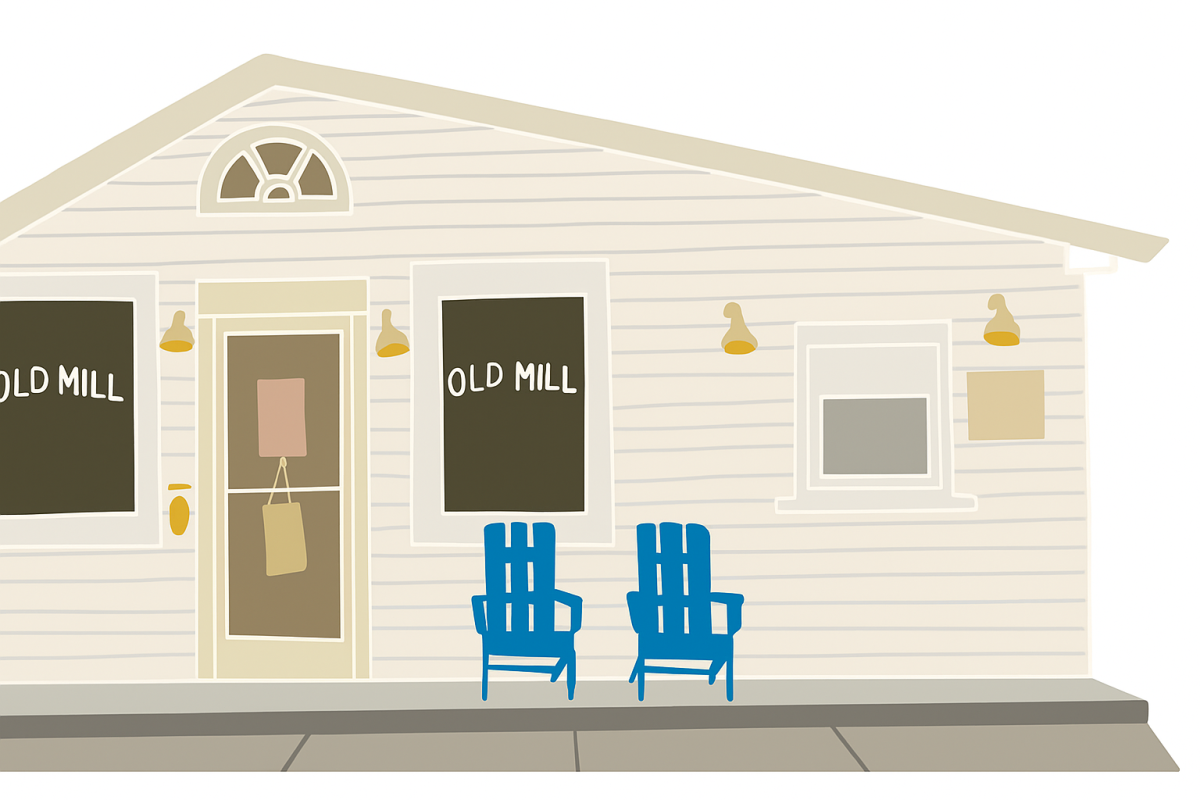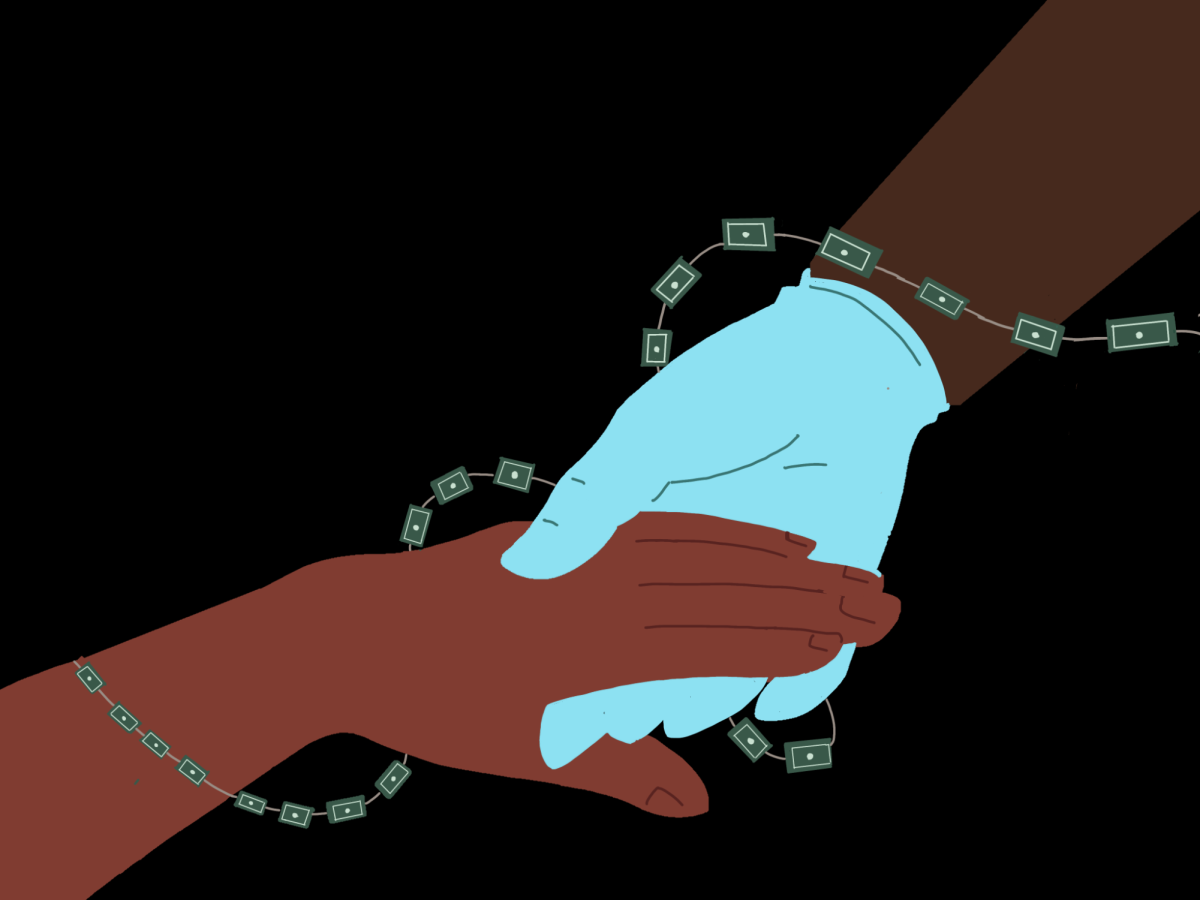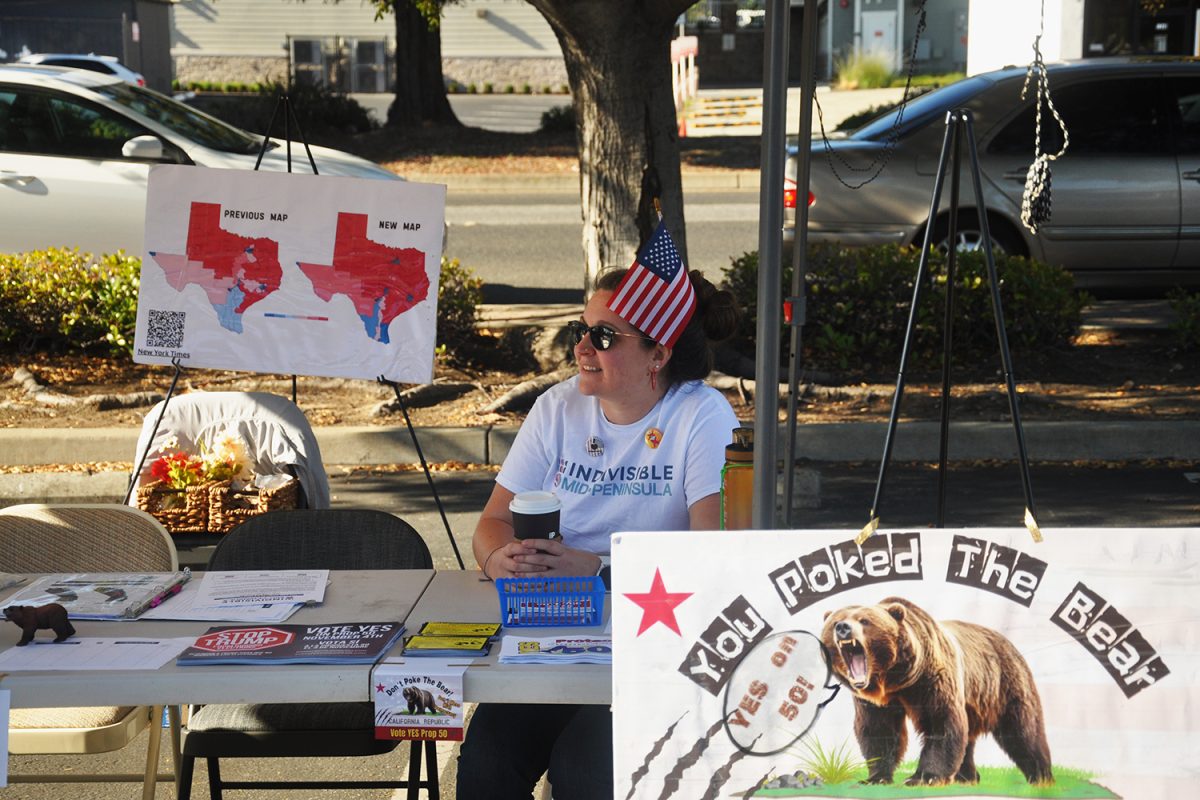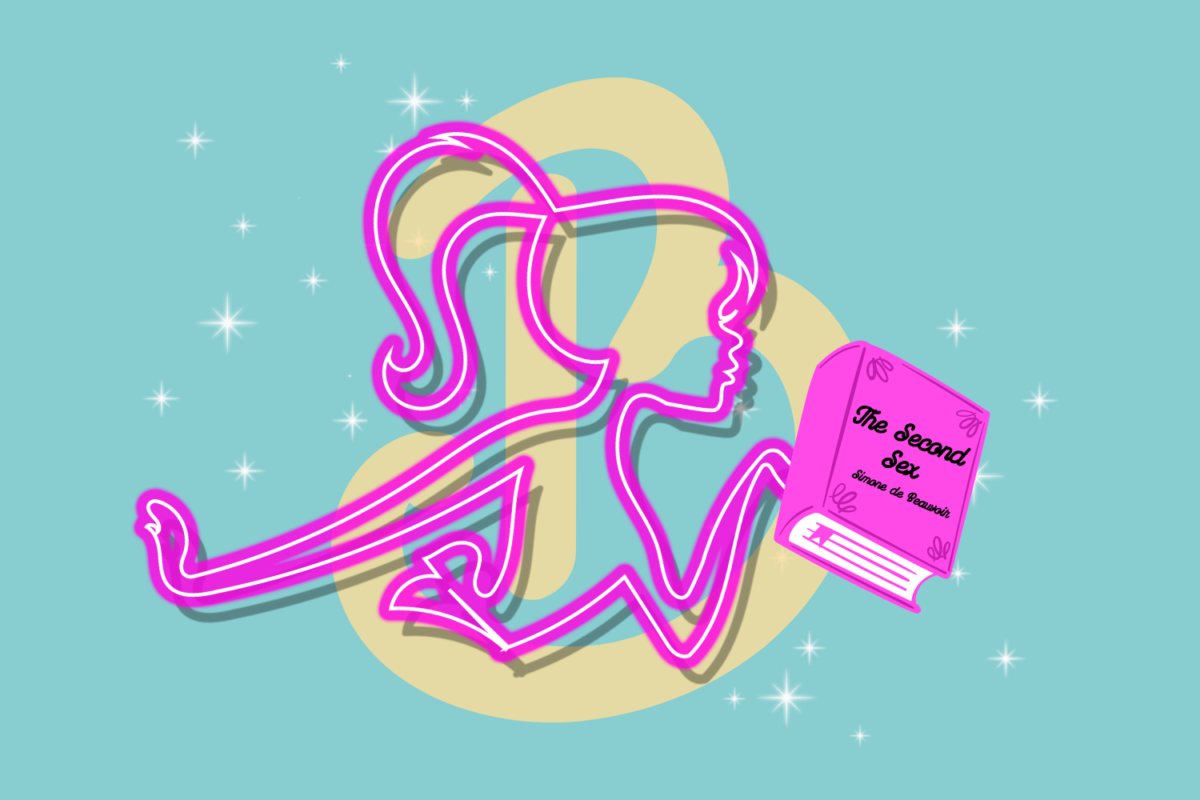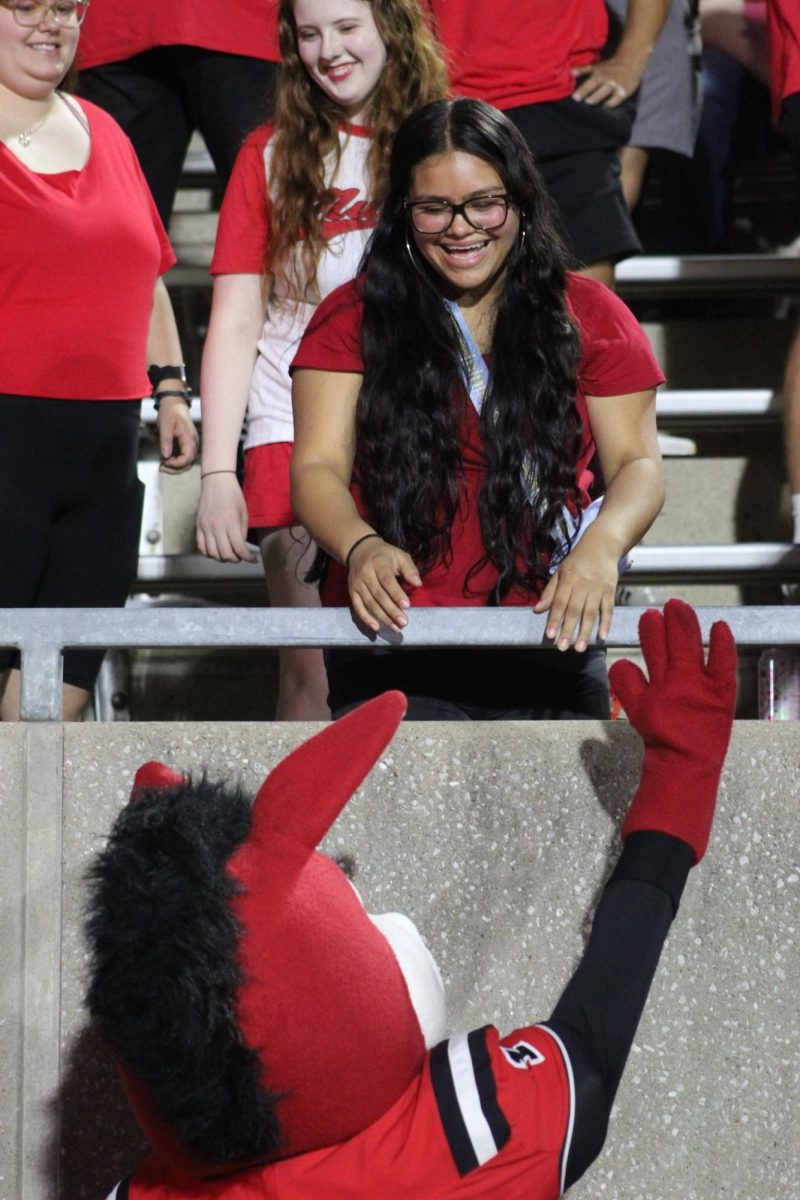Editor’s note: This editorial contains spoilers for “Barbie” and mention of sexual assault.
Greta Gerwig’s new film “Barbie” has received massive acclaim from reviewers and audiences alike, with a 90% critics score and 86% audience score on Rotten Tomatoes. Even Vanderbilt joined in on the fun with a tweet about the movie. Critics and viewers who loved the film largely praised its detailed sets and costumes, stellar performances and supposedly feminist spin on a doll that has long been spurned by the movement. CNN called it an “overt feminist message,” and Entertainment Weekly labeled it “deeply feminist.” One of the film’s stars, Simu Liu, said in an interview that the film would prove to be “the final nail in the coffin” for gender roles. Both Gerwig and the film’s star and producer Margot Robbie even labeled the film as “feminist.” Conservative critics appear to agree, with one headline reading: “Woke “Barbie” Drowns In Feminism.”
I was initially excited about the movie; because I have followed Gerwig’s acting and directing career and saw and loved both of her other solo-directed films. However, after seeing “Barbie” on its opening night, I was disappointed. I disagree with both the left-wing praise and right-wing criticism, because I don’t think “Barbie” delivers on its feminist promise at all.
One question that this discourse raises is whether it matters if the film is feminist. Many viewers simply liked “Barbie” for its aesthetics, soundtrack, performances and focus on female characters and abundance of pink. (I even participated in the trend of wearing pink to the premiere, as did many Vanderbilt students.) Amid this debate about the presence of feminism in the film, some viewers argue that because Mattel, the producer of the Barbie doll, was so heavily involved in the making of the film, it’s unfair to expect the movie to be challenging or radical. But I think this kind of rebuttal refuses to listen to the film. The movie itself purports to be a contemporary exploration of and challenge to patriarchy, with liberal use of the word in the script and references that place it clearly in our contemporary moment. Further, with a mix of high-brow references, like one to Proust, alongside more expected lowbrow ones, the film positions itself as an intellectual work, rather than just a fun-loving summer flick. Not every film needs to be “deeply feminist” or intellectual, for that matter — and I think it’s counterproductive to apply a feminism checklist to every piece of media — but “Barbie” asks to be taken seriously as a feminist film. In critiquing “Barbie’s” feminist failure, we evaluate the film on its own terms. Of course, there are many issues that the film does not address — one could hardly call it an intersectional piece, for example, as it does not discuss how a variety of systems of oppression work in concert with patriarchy — but in this article, I will not critique the film for what it left out, but rather for its troubling content.
The movie follows “Stereotypical Barbie” played by Robbie as she travels from the seemingly utopian Barbieland, in which women hold positions of power to the human realm, which is, of course, a patriarchal society. In Barbieland, the Barbies run society and the Kens are secondary. But within mere minutes in the human world, Barbie, treated like a human woman, is sexually harassed and assaulted, while Ken, treated like a human man, finally feels respected. I take issue with the movie’s handling of sexual assault, because such a serious topic was immediately defused and made into a joke, with Barbie taking silly mugshots with Ken after being arrested for defending herself, alongside constant cracks about male construction workers sexually harassing Barbie. While “Barbie” is a movie aimed at children as well as adults, it’s possible to handle this topic with more sensitivity even when aimed at a younger audience — like Disney’s Maleficent (2014) did.
When Ken learns about patriarchy by reading books about it in a human library, he decides to install his own version back in Barbieland. The other Barbies, who were originally introduced as strong career women, immediately conform to an image of female submission — donning stereotypical “French maid” costumes, fetching beer for the Kens and acting as cheerleaders for the Kens’ athletic pursuits. Barbie and two human women hatch a plan to restore order to Barbieland which takes the form of a classic but problematic trope in which women “let the patriarchy work for them.” The Barbies must pretend to be docile and essentially seduce the Kens with their stereotypical and submissive behavior. This trope is outdated and suggests that women can benefit from patriarchy, a system which oppresses us as a class subject to men. It further plays into the harmful idea that women manipulate men by exercising sexual power over them. It sees patriarchal oppression as a passive force, rather than a violent system.
What I found to be most disturbing about the film is Barbie’s fate. At the end of the film, she chooses to live as a human in our world, rather than as a Barbie in Barbieland. On one level, this decision appears to be a celebration of the richness of the human experience — Barbie’s experiences in the film have rendered her complex enough to accept the pain of human experiences like death, alongside beauty and happiness. But for this ending to work, Barbie would need to be more convincing as a doll. At times, the film seems to forget that she’s a doll at all. She’s never left without agency in Barbieland, controlled like a puppet or incapable of thinking for herself. She has human subjectivity, she can pursue any career she wants and she has friends and a home of her own. Functionally, Robbie’s Barbie does not make the choice to move from “dollhood” to “humanhood,” because that isn’t a meaningful distinction within the premise of the movie. The most meaningful difference between the two worlds is the fact of patriarchy.
It is also worth noting that Barbieland is not represented as a perfect reversal of our human world because the Kens do not appear to be oppressed. Barbieland features an all-Barbie Supreme Court, for example, but we never see them enact laws that oppress or even apply to the Kens. Barbie tells one of the humans that she doesn’t even know where the Kens live, suggesting that Barbieland is less a system of hierarchy, but rather, the Kens just don’t appear to be integrated into the Barbies’ society.
For Barbie to choose to leave a system in which she has agency and community for one that is largely defined by its oppression of women (and its bioessentialist perspective on gender, illustrated in the film’s final line) is baffling and suggests that women submit to their own oppression. I am not suggesting that this is the intention of the filmmakers, but rather, I am taking seriously the messaging within the film, and following it to its logical conclusion — which is a depressing one.
Similarly, I was troubled by a line from the film that has been deemed by many, both in criticism and on social media, to be among the most powerful in the film. The line, spoken by the creator of Barbie, played by Rhea Pearlman, characterizes motherhood as a worthy sacrifice: “we mothers stand still, so our daughters can look back to see how far they’ve come.” This line conjures an image of motherhood as a static position, from which there is no room for development or advancement; in becoming a mother, a woman is reduced to a yardstick against which her ever-evolving daughter measures her own growth. While there is certainly some truth to the idea that, for some women, the transition to motherhood leads to the subordination of one’s own identity and desires, the film’s self-effacing image of motherhood is demeaning. Martyrdom should not be venerated as a mother’s primary aspiration.
While many fans of the film have expressed the sentiment that, although “Barbie” isn’t radically feminist, it is still a step in the right direction and a good introduction to feminist ideas, I view it as a failed attempt to deliver a feminist message. I would have preferred a lukewarm and rudimentary “patriarchy is bad” message to the film’s misguided and harmful one. I appreciate seeing a female director and a diverse cast have such a successful opening, and, ideally, this showing will usher in more opportunities for marginalized people in the film industry. However, the film’s shaky message begs the following question: Is representation enough to cover up regressive content? I am disturbed by reviews that laud this film as “deeply feminist” because if people, and women especially, accept such a lackluster message as empowering, how will we ever achieve liberation?
This story was originally published on The Vanderbilt Hustler on July 28, 2023.


